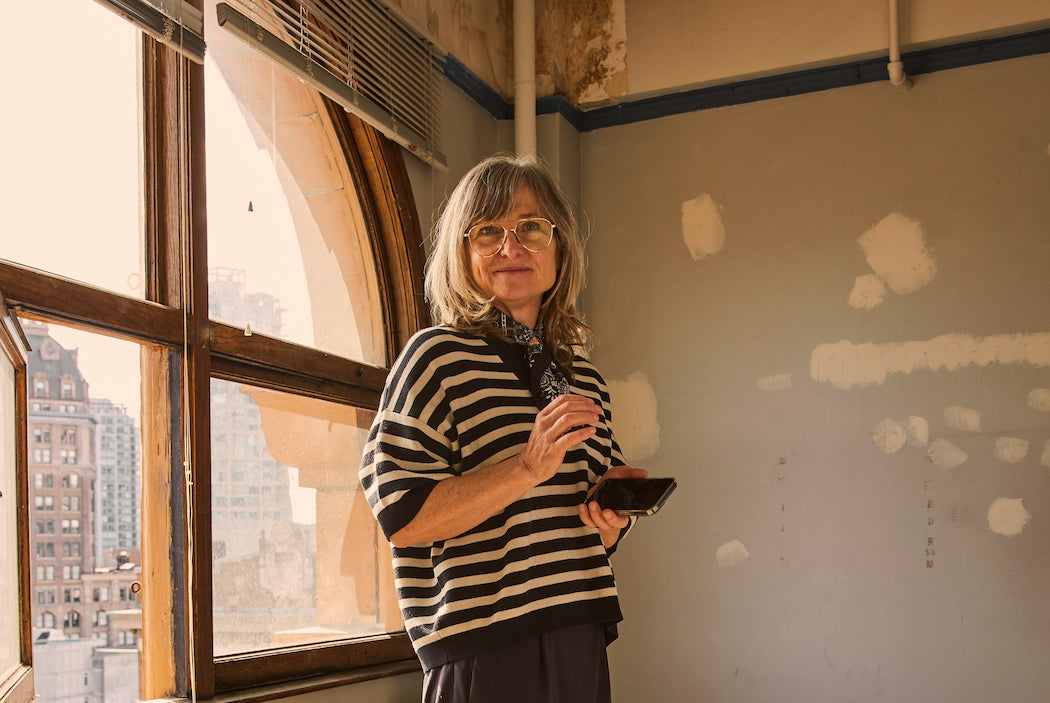For most of us, Mother’s Day, Father’s Day, and other widely-celebrated holidays bring out the warm and fuzzies. But for many others, these occasions act as painful reminders that a loved one—be it a mother, a father, a partner, or a child—is no longer here.
Even on those toughest of tough days, remember to give yourself a break and to focus on where you are, not where someone wants you to be. “Grief changes everything about you; it almost changes your DNA. Your thinking changes, your feelings change. And there’s a huge physicality to loss,” says Lynette Pollard-Elgert, a grief counsellor at Vancouver’s Living Through Loss, via phone. “People usually want grievers to be back to normal after their loss, but this is their new normal.”
The emotions that come with loss can change day to day, but they are often amplified during times of mass celebration. When it comes to dealing with grief during a triggering holiday—whether the death was recent or not—Pollard-Elgert suggests a few key coping mechanisms.
Take care of yourself
It seems basic, but prioritizing yourself often falls by the wayside during times of sadness. Pollard-Elgert emphasizes the importance of self-care when grief takes hold: drink lots of water; feed yourself delicious, nourishing meals; try to get in a bit of exercise or stretching; and keep caffeine and sugar to a minimum.
Built a strong support network
“A person who has to go through grief by themselves never ever gets to a place where they can reconcile their loss,” says Pollard-Elgert. “They must have support. Grief has to be heard and has to be validated. That’s why people come to counselling.” If you’re suffering from a loss, build up that support network: those people who you can count on to check in on you and listen to what you’re going through (or simply sit next to you and keep you company if that’s what you need).
“It’s really important, I think, for a person who has had a loss to have that loss recognized by others on those special days,” Pollard-Elgert explains. “On Mother’s Day it’s so important to say, ‘This is a really hard day for you. I’d like to take you out for lunch, or can we go for a walk?’ Recognizing by your support people that there has been a loss is so important on those special days.”
For those looking to support someone who is grieving, Pollard-Elgert says to avoid saying things like, “Call me if you need anything,” because grievers hardly ever reach out themselves. It’s better to simply make the call and ask how the person is doing. This, she says, is especially important as time goes on. The first three months after a death are often such a shock to the system, such a blur, that it’s the ensuing months and years when people need their support systems the most.
And of course, counselling is another great option for those looking for more help. Many cities offer both one-on-one and group sessions, which can be very useful for those who are ready to talk about their grief.
Write it down
Speaking of talking about grief, this can be done with oneself as well. “Try to journal,” Pollard-Elgert instructs. “Get your feelings out in whatever way you can, because grief has to come out of your body.”
Establish rituals
“When people come to me, we try to design a ritual that might honour their [loved one],” explains Pollard-Elgert. “That might be something as simple as having a candle and saying a prayer, or it might be more complicated like going to a park and sending off a balloon with handwritten messages. Rituals are great ways to honour the person who has died; they can be done alone or with a group of people. Rituals have a way of honouring what has happened to you and honouring the person who has died.”
Be kind to yourself
As Pollard-Elgert says, grief changes you. So be nice to yourself, forgive yourself, reach for your network, and understand that you don’t have to be the same person you were before your loss. Take it a day at a time and meet yourself wherever you are in the moment.












